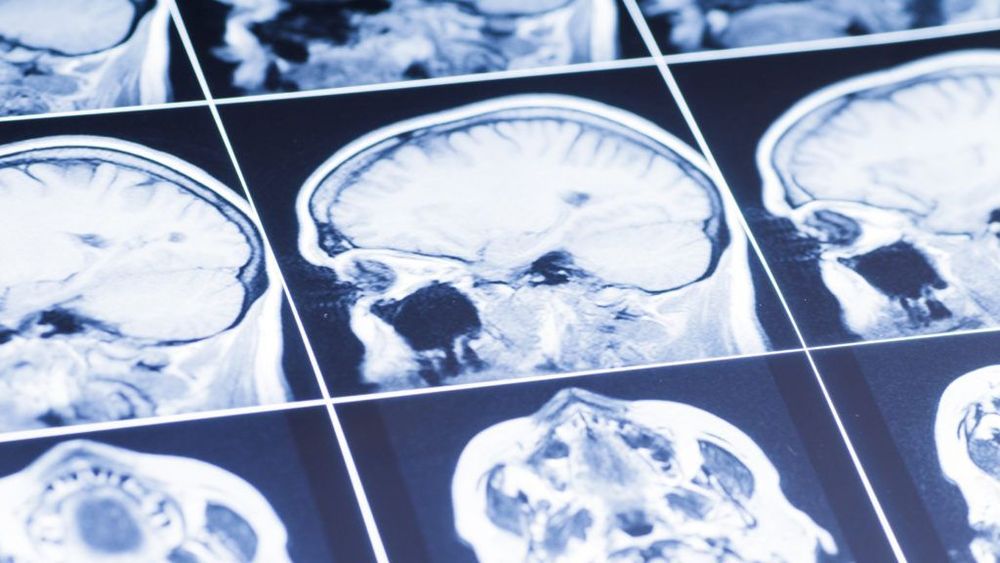An unconscious person’s response to odors after a serious brain injury may be a simple yet powerful signal of how aware they are and how likely they are to survive and recover, a new study suggests, relying on responses to the scent of shampoo and the stench of rotting fish.
Patients who survive brain damage from trauma, stroke, or heart attack are plunged into forms of unconsciousness that vary from minimal consciousness to unresponsive wakefulness, sometimes called a vegetative state. Specialists trying to tell who is in which state have fared only a little better than a coin flip: About 4 in 10 people thought to be unconscious are actually aware.
That uncertainty makes decisions for families and clinicians supremely difficult, from weighing how to treat pain to whether to withdraw life support. Sophisticated imaging of unconscious patients’ brain activity can reveal hints of awareness that go beyond behavioral assessments, sometimes only to deepen the mystery of who will get better. Now Israeli scientists have turned to the sense of smell, evolutionarily speaking our most ancient sensory system, as a window into our brain. Their paper appears Wednesday in Nature.
